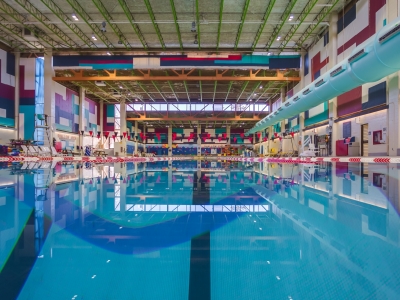As adults we understand the necessity of staying physically active as we age. It not only keeps our bodies healthy and functioning optimally, but recent studies have found that physical activity can help prevent cognitive decline later in life.
Similarly, physical activity has an immense impact on not only children’s physical health and development but on their psychological health as well. Sport more specifically can have an even greater impact in these areas of growth while improving social skills in the process.
Sport provides children with the perfect outlet to keep them active while having fun and learning valuable life skills. Below are the ways in which sport can help children grow physically, mentally and socially.

Physical Health
To help aid physical development in early childhood, children need a balanced diet, plenty of sleep and one hour of exercise each day. The physical benefits of doing so can have the following impact on children:
- Stronger muscles, bones & joints
- Stronger heart
- Controlled body fat
- Decreased risk of type 2 diabetes
- Improved fitness
Children’s Mental Health
Along with the plethora of physical benefits, the mental benefits are equally as impressive. When we are physically active our body releases serotonin which directly contributes to our feelings of well-being.
Exercise has also been found to relieve stress, depression and anxiety. Although often overlooked, children experience these emotions just as adults do and exercise is a great way to help combat these feelings.
Sport increases the likelihood of children staying active, allowing them to sleep better and keeps them mentally sharp. Recent studies have found that increased physical activity levels directly relate to school performance, particularly in the areas of math, reading and retention of information.
Social Skills
Sport can not only help encourage children to be more physically active but also helps teach them valuable skills and life lessons that they can carry with them through to adulthood. Growing up can be difficult, leaving many youth with the feeling of inadequacy but sport has been found to help increase self-esteem and self-confidence in children.
Not only does sport increase their individual confidence but it also helps keep children social. Social skills that are learned or enhanced through sport while assisting children in growing into successful adults include:
- Teamwork
- Fair play
- Communication
- Respect for others
- Ability to follow rules
- Independence
- Leadership
Sports are a great way to keep children active but they clearly offer a number of benefits that stretch much beyond that. Sport not only aids children in their development process but gives them the necessary skills to be successful later in life.
Written by Josh Skrupskas

